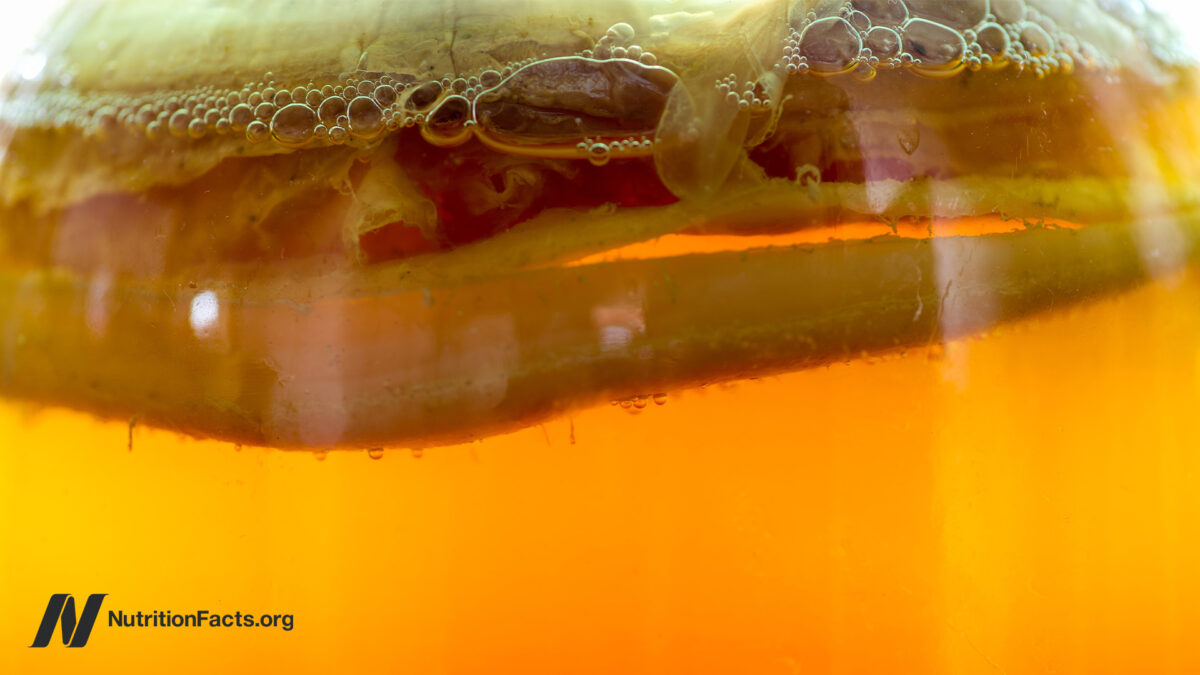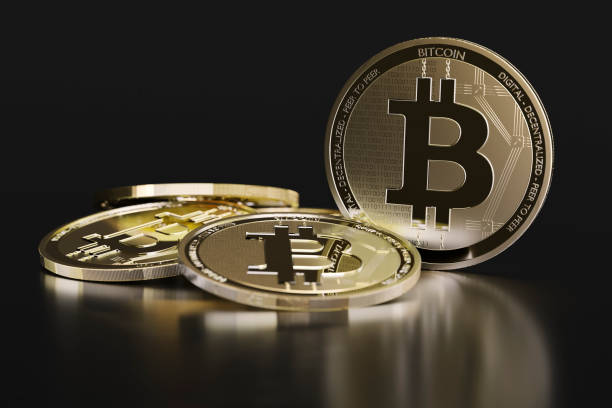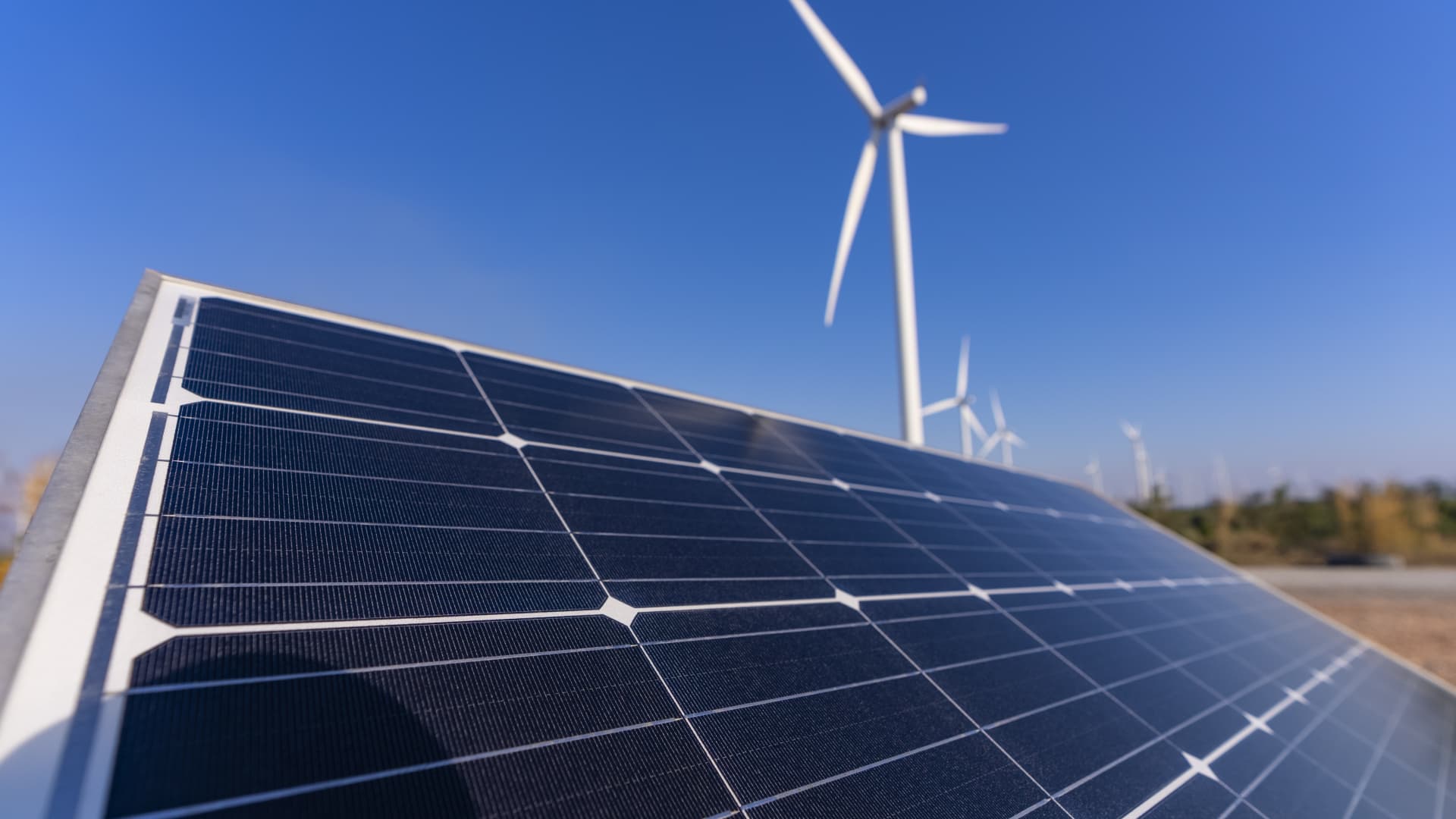China stimulus to provide ‘modest boost’ to property sales: BNP Paribas
Following a Rmb300 billion lending boost for unfinished flats from the PBOC, BNP Paribas analysts believe a bottom for property prices might be reached in the second half of 2025.

Following a Rmb300 billion lending boost for unfinished flats from the PBOC, BNP Paribas analysts believe a bottom for property prices might be reached in the second half of 2025.

May 21, 2024
China’s latest attempts to prop up its stalling property market is expected to provide a “modest boost” to property sales, according to BNP Paribas. Last week, The People’s Bank of China (PBOC) announced that it is setting up a Rmb300 billion ($42 billion) fund of relending to support local governments and banks for the purchases of unfinished homes, in order to then provide as low cost housing when finished.
The relending rate would be 1.75%, and banks usually add a reasonable premium on top of that, so the overall lending rate should be above 2%, according to BNP Paribas. In addition, the amount of relending would cover 60% of the loan principle, rather than 100%.
Although a welcome boost to remedy a stalling property market where there are millions of unfinished homes, it is likely to be a slow burn in terms of turning around sentiment. The importance and dominance of the property market for the Chinese market is unlikely to go away any time soon. Several huge Chinese property companies have come close to the brink in the last 12 months. For example, Evergrande was placed into liquidation by a Hong Kong court.
Senior market economists and strategists at BNP Paribas said in a report: “In terms of property sales volume, we expect the y/y (year on year) decline to narrow to 10% in the rest of the year, after official statistics showed a 20.2% y/y fall in January-April. On one hand, the base effect will turn more favourable. On the other, the stimulus package is likely to provide a modest boost to property sales. The experience of cities that eased property policy in the past year suggests sales often pick up for a few months after the relaxation."
For 2025, BNP Paribas's analysis said the the chance of sales continuing to decrease "looks low" after factoring a projection of 14.2% y/y decrease in 2024, meaning sales in 2022-2024 cumulatively decline by about 40% from the peak in 2021. In addition, if current stimulus fails to stem the property slump, policymakers are likely to respond with more easing measures, the bank’s analysts said.
Amid a "fundamental shift" in demand-supply balance, the bank doesn’t think sales will rebound forcefully next year. For property investment, which is "most relevant" to GDP growth, BNP Paribas expects the decline to continue, not just for the remainder of this year, but into 2025 as well (a 12% fall this year and 9% next). In China, pre-sales remain the dominant sales model, with around a 80% market share.
The bank explained that thsi means property investment is a lagging indicator of sales, new starts and land purchases. Since 2022, the drop in the latter three indicators have been much steeper than investment.
Property prices have tended to lag property sales volumes by three to 10 months. However, inventories in both primary and secondary markets are now a lot higher than in past property downcycles -- as a result BNP Paribas belives that the lag might be longer than before.
Assuming property sales volumes reach a bottom this year, then a bottom for property prices might be reached in H2 next year, the bank said.
¬ Haymarket Media Limited. All rights reserved.
Markets #china #property #stimulus
 Koichiko
Koichiko 































